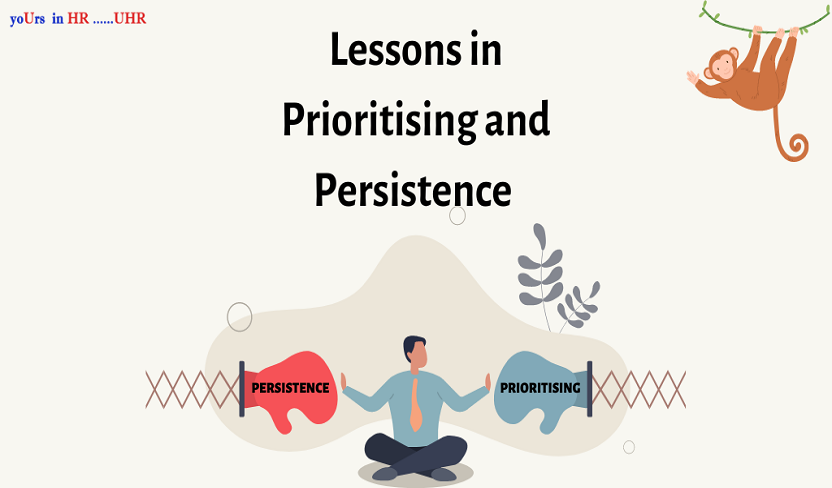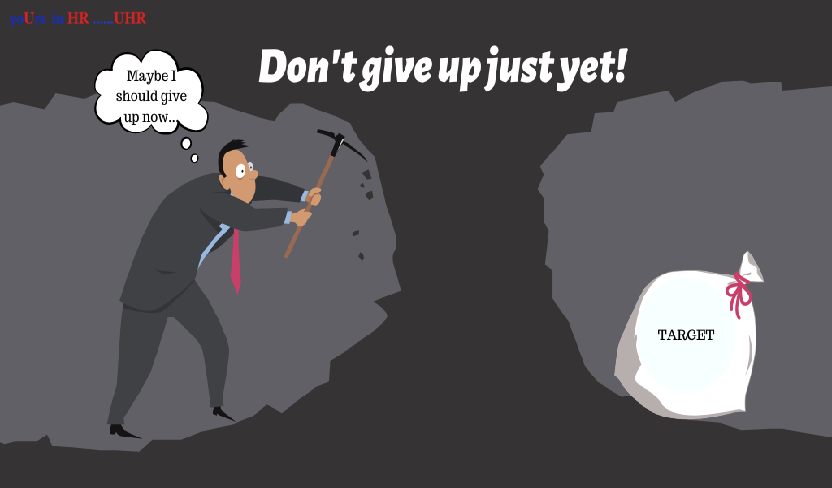
You have been asked to train a monkey to sing and dance on stage. We know, it is highly unlikely someone is ever going to ask you to do this, but let’s just pretend for a few minutes. Hypothetically.
What is the first thing that you will prioritise? Obviously, the monkey, right?
While this is an obvious answer, it could happen that you also want to make the stage look nice and spectacular. So, you spend some time building and decorating the stage. In fact, you spend a lot of time building and decorating the stage.
While building and decorating the stage seems like a silly thing to prioritise and you are pretty sure that the major chunk of energy and priority will go to the monkey to be trained, human nature suggests otherwise. Teaching a monkey how to sing and dance on a stage can teach us a lesson or two.
A common peculiarity seen in most of us is that we like to have something concrete. A tangible result is what we aim for. As this article which acted as an inspiration for our write-up points out, we like to have something to ‘show’. Building and decorating the stage is a much easier task than training a monkey to sing. It is also a result that will be visible more quickly; it will be more noticeable. It’s a faster to achieve job.
We often end up engaging in a similar error in prioritising our tasks. We also end up doing something similar to our larger goals and dreams. We want to have something concrete to show. Having something concrete to show is a practical strategy, of course. But we also want to have that concrete thing now. That is where we tend to lose focus from the bigger picture, and we end up over-prioritising things that can are easier to do and will take less time. When the audience comes, we want the monkey to be able to sing. A well-built and well-decorated stage makes no sense if there’s no performer there. A false sense of working hard might set in. Harder work is to wait for the results to show.
We will go back to training our monkey now. Training the monkey to sing and dance will be difficult. It will cost one patience. More time, more energy, more skills to be developed, more training required on our part. (I mean, most of us aren’t equipped with the skills to train animals, forget teaching them to sing and dance, right?)
Again, something difficult often requires more time and effort, but just because a concrete result isn’t there yet, doesn’t mean that there is no result in progress. Learning something difficult, prioritising something difficult could mean that we may not have much or anything to show for some time. Skills take time to develop. Behind one single achievement, there could be months and years of work. A performance might be fun and enjoyable to everyone else, but the one who has trained and the one who has been trained have put in immense work, invisible to everyone else.
So, the next time you want to think about your priorities, think if you need to focus on training the monkey or decorating the stage. The next time you feel frustrated in a project, think if you are frustrated because you haven’t found something concrete, or frustrated about the time it is taking to ‘show’ something. It takes both, prioritising and persistence.


